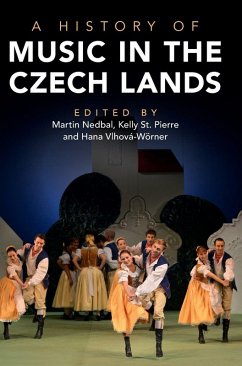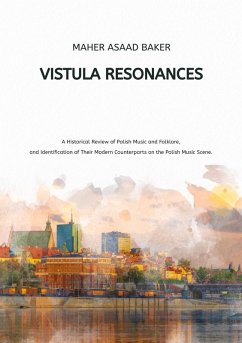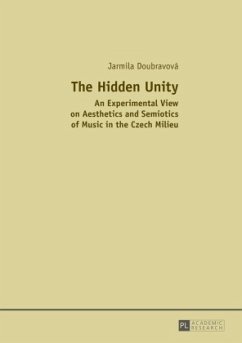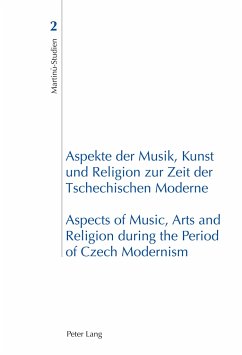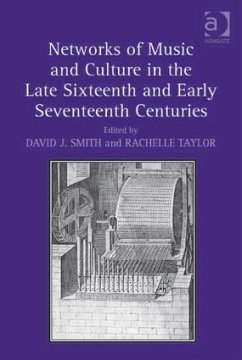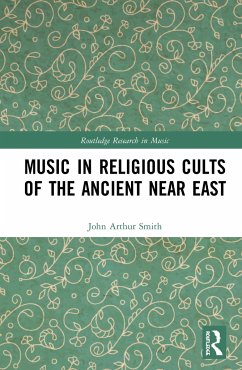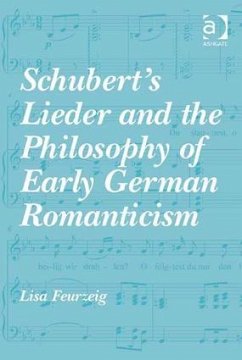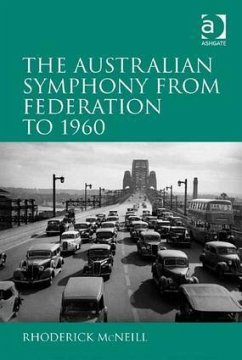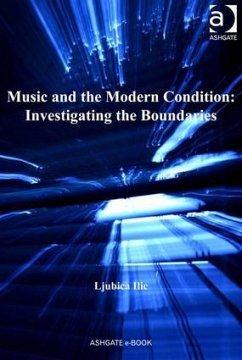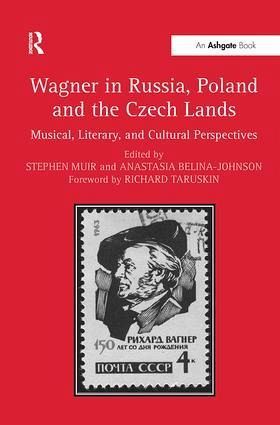
Wagner in Russia, Poland and the Czech Lands
Musical, Literary and Cultural Perspectives
Versandkostenfrei!
Versandfertig in 1-2 Wochen
177,99 €
inkl. MwSt.
Weitere Ausgaben:

PAYBACK Punkte
89 °P sammeln!
Richard Wagner has arguably the greatest and most long-term influence on wider European culture of all nineteenth-century composers. And yet, among the copious English-language literature examining Wagner's works, influence, and character, research into the composer's impact and role in Russia and Eastern European countries, and perceptions of him from within those countries, is noticeably sparse. Wagner in Russia, Poland and the Czech Lands aims to redress imbalance and stimulate further research in this rich area. The eight essays are divided in three parts - one each on Russia, the Czech la...
Richard Wagner has arguably the greatest and most long-term influence on wider European culture of all nineteenth-century composers. And yet, among the copious English-language literature examining Wagner's works, influence, and character, research into the composer's impact and role in Russia and Eastern European countries, and perceptions of him from within those countries, is noticeably sparse. Wagner in Russia, Poland and the Czech Lands aims to redress imbalance and stimulate further research in this rich area. The eight essays are divided in three parts - one each on Russia, the Czech lands and Poland - and cover a wide historical span, from the composer's first contacts with and appearances in these regions, through to his later reception in the Communist era. The contributing authors examine his influences in a wide range of areas such as music, literary and epistolary heritage, politics, and the cultural histories of Russia, the Czech lands, and Poland, in an attempt to establish Wagner's place in a part of Europe not commonly addressed in studies of the composer.





